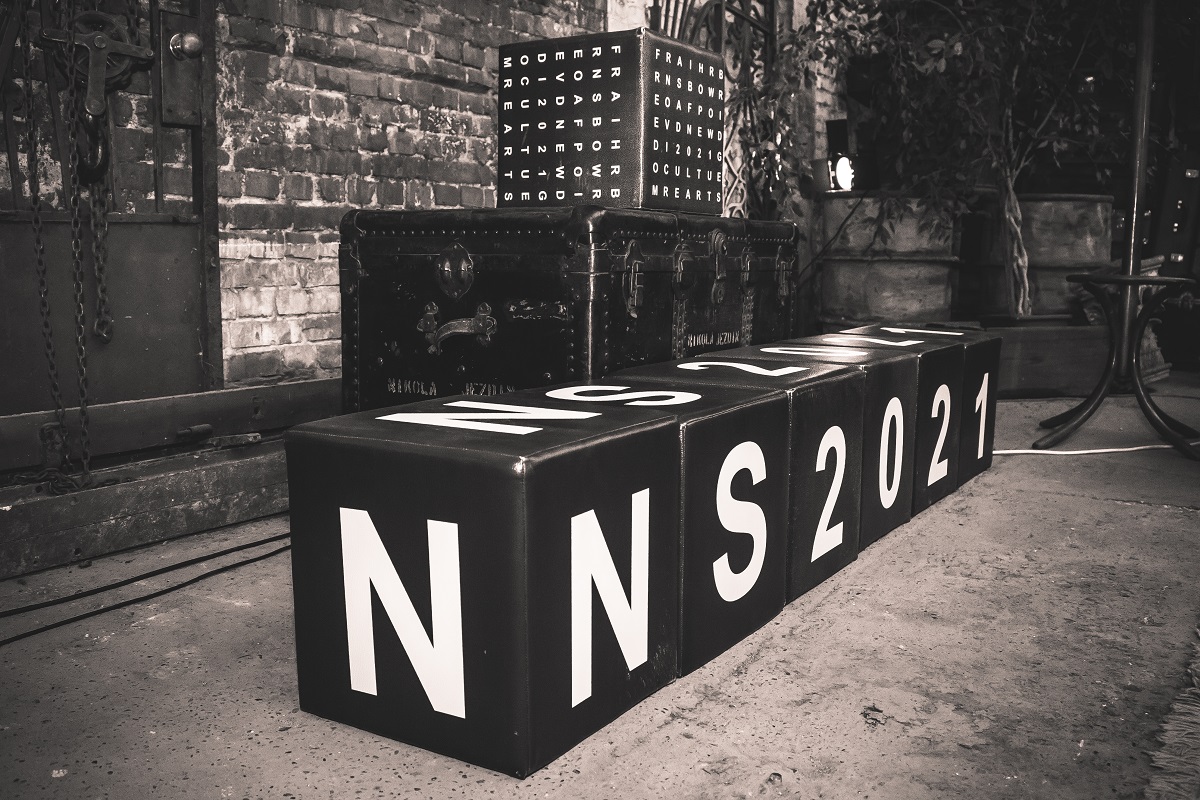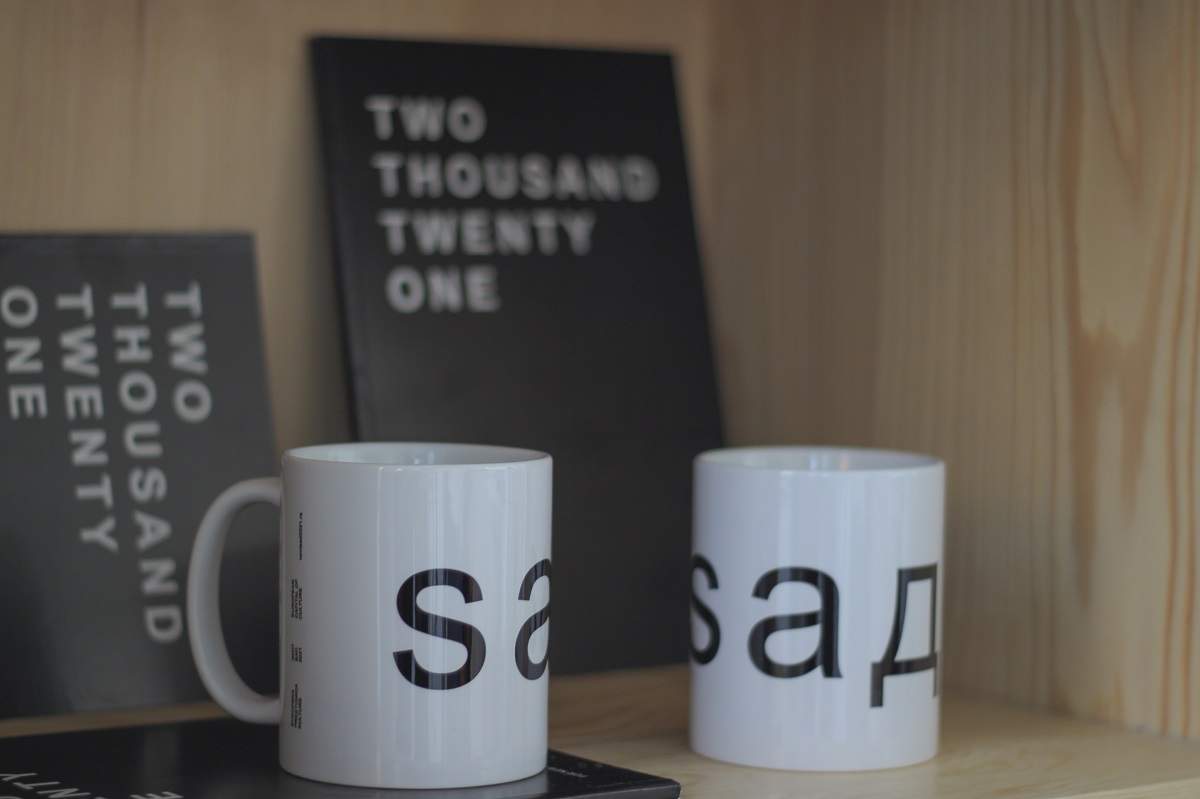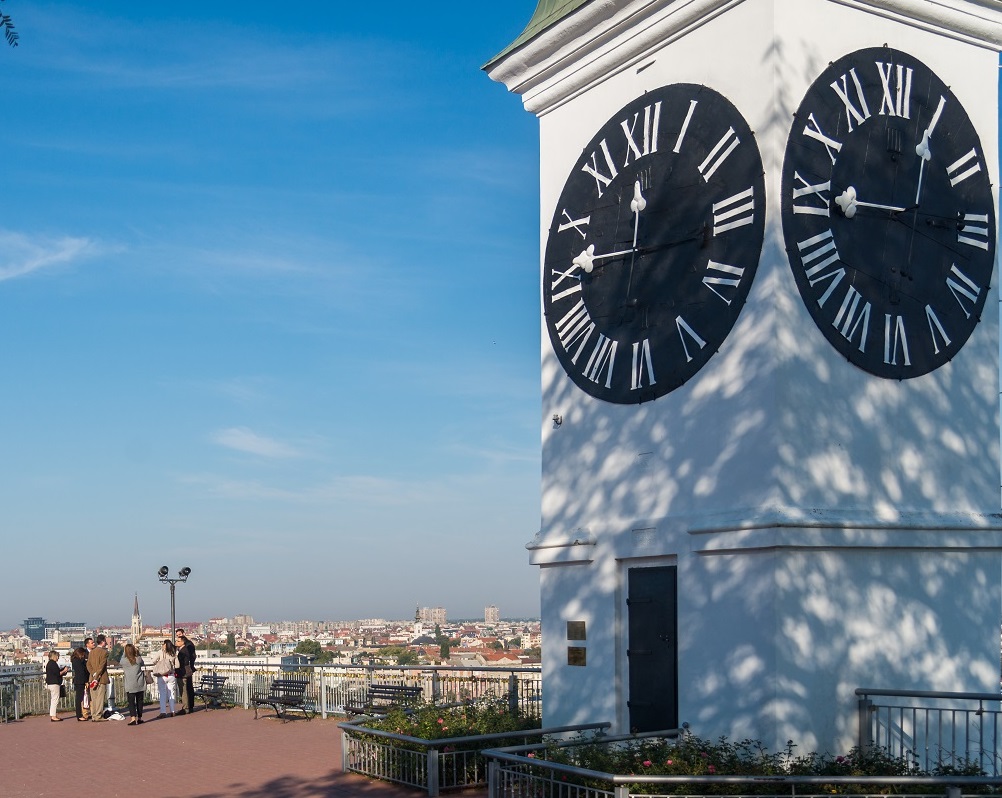In addition to the noticeable changes in the cultural ecosystem of the city and the positive reactions of the stakeholders involved in the cultural scene, experts from the European institutions – the European Parliament, the European Commission, the Council of Europe and the Committee of the Regions also gave good comments on the ‘Novi Sad 2021 – European Capital of Culture’ project.

After the Second Monitoring Report submitted by the European Capital of Culture in May this year, the experts’ assessments are extremely positive. One of the comments published on the European Commission website is: ‘Progress compared to the previous report is promising’.
‘The European Commission very positively assessed the involvement of various stakeholders of the cultural scene, programmes for development of the cultural scene capacities and the support provided by the Novi Sad 2021 project in this context, the preparation of five-year strategic plans for cultural institutions and the European dimension that has become very visible. They also had positive assessment for the programme structure, as well as for infrastructure projects, since some of them have already started and others are being implemented within the envisioned deadlines’, said Vuk Radulović, Head of the Programme Development Sector of the ‘Novi Sad 2021’.

Radulović added that the recommendations addressed to Novi Sad as the European Capital of Culture are mostly of a general character – the improvement of European dimension of the programme, which is the obligation of all European Capitals of Culture, wider involvement of artists and the art scene in new calls and competitions, as well as the inclusion of minority communities, especially the Roma, which is already in the process of implementation through the launching the new cultural station in Klisa.
‘In this document, the representatives of the European Commission express their satisfaction with the progress of the ‘Novi Sad 2021’ project. If we compare the report to the reports of other European Capitals of Culture it is noticeable that certain recommendations in other reports are being repeated, which is not the case with us. This is a good signal, which means we have applied the recommendations. From the very beginning, the number of report monitoring recommendations has been rapidly decreasing, and at this moment we have six recommendations for improving the project, which is three times smaller compared to some European Capitals of Culture’, Radulović added.

Since the adoption of the new Assessment System of the European Capitals of Culture in 2015, only three cities (out of 12 capitals of culture) had a number of recommendations such as Novi Sad in this phase of preparation – Wrocław 2016, Valletta 2018 and Leeuwarden 2018, which is another indication that Novi Sad is on the right track in preparations for the title year.
The report is a regular activity that the European Capitals of Culture submit every year on undertaken activities for the previous period, which is afterwards considered by 10 experts of the European Commission Panel. The team working on the ‘Novi Sad 2021 – European Capital of Culture’ project presented the results of previous activities, as well as plans for further strategy of cultural development of the city, within the Panel held in Timişoara in April, where the reports were also submitted by Timișoara and Eleusis. The previous evaluation of the ‘Novi Sad 2021’ project was submitted one year ago, and Novi Sad received excellent remarks for the preparation of this important project, and this year’s evaluation officially confirms that Novi Sad is on its way to 2021.
The European Commission will have an insight into how the recommendations from the last report will be applied by the future Capitals of Culture in the autumn 2020, when the third monitoring is scheduled. After this evaluation, it will also be known whether the ‘Novi Sad 2021 – European Capital of Culture’ will receive the prestigious ‘Melina Mercouri Prize’, which is awarded to successful European Capitals of Culture.



